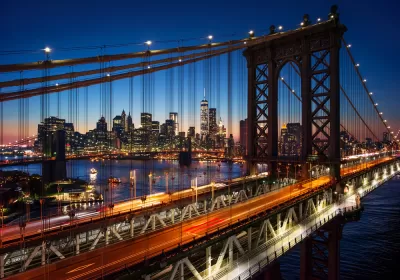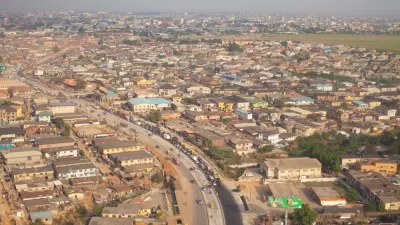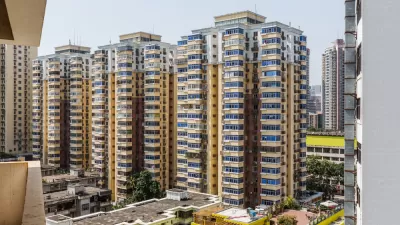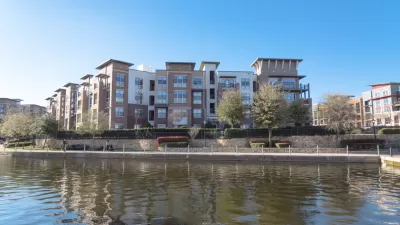As cities define our world in new ways every day, Penn Institute for Urban Research asked nearly dozen urban experts, “Why cities?”

When planned and managed sustainably and equitably, cities are engines of prosperity. In fact, cities contribute 70 percent of the world’s GDP. Yet, in many ways, cities have come to define and shape the overarching challenges of the 21st century: the speed and scale of their development is unprecedented. And housing the majority of the global population, cities are defining our world in new ways every day, raising complex questions about how to address the changes they bring to communities around the world.
With this in mind, and in conjunction with Penn's theme “Year of Why,” we asked more than a dozen urban experts, “Why cities?” In particular, we asked them to reflect on any or all of the following questions:
Cities throughout the world are growing in population and expanding in size—why is this? What are the most critical forces that are driving the new importance of urban centrality? How do they differ across the globe? How will urbanization impact inclusivity and sustainability? What are the common forces in global urbanization trends? How long will these trends last?
Their answers point to the centrality of cities in the future of our planet and its inhabitants, and shed light on how we can come to better understand and shape urbanization in the future.
FULL STORY: Expert Voices: Why Cities?

Study: Maui’s Plan to Convert Vacation Rentals to Long-Term Housing Could Cause Nearly $1 Billion Economic Loss
The plan would reduce visitor accommodation by 25,% resulting in 1,900 jobs lost.

North Texas Transit Leaders Tout Benefits of TOD for Growing Region
At a summit focused on transit-oriented development, policymakers discussed how North Texas’ expanded light rail system can serve as a tool for economic growth.

Alabama: Trump Terminates Settlements for Black Communities Harmed By Raw Sewage
Trump deemed the landmark civil rights agreement “illegal DEI and environmental justice policy.”

How Community Science Connects People, Parks, and Biodiversity
Community science engages people of all backgrounds in documenting local biodiversity, strengthening connections to nature, and contributing to global efforts like the City Nature Challenge to build a more inclusive and resilient future.

Alabama: Trump Terminates Settlements for Black Communities Harmed By Raw Sewage
Trump deemed the landmark civil rights agreement “illegal DEI and environmental justice policy.”

Dear Tesla Driver: “It’s not You, It’s Him.”
Amidst a booming bumper sticker industry, one writer offers solace to those asking, “Does this car make me look fascist?”
Urban Design for Planners 1: Software Tools
This six-course series explores essential urban design concepts using open source software and equips planners with the tools they need to participate fully in the urban design process.
Planning for Universal Design
Learn the tools for implementing Universal Design in planning regulations.
City of Santa Clarita
Ascent Environmental
Institute for Housing and Urban Development Studies (IHS)
City of Grandview
Harvard GSD Executive Education
Toledo-Lucas County Plan Commissions
Salt Lake City
NYU Wagner Graduate School of Public Service





























